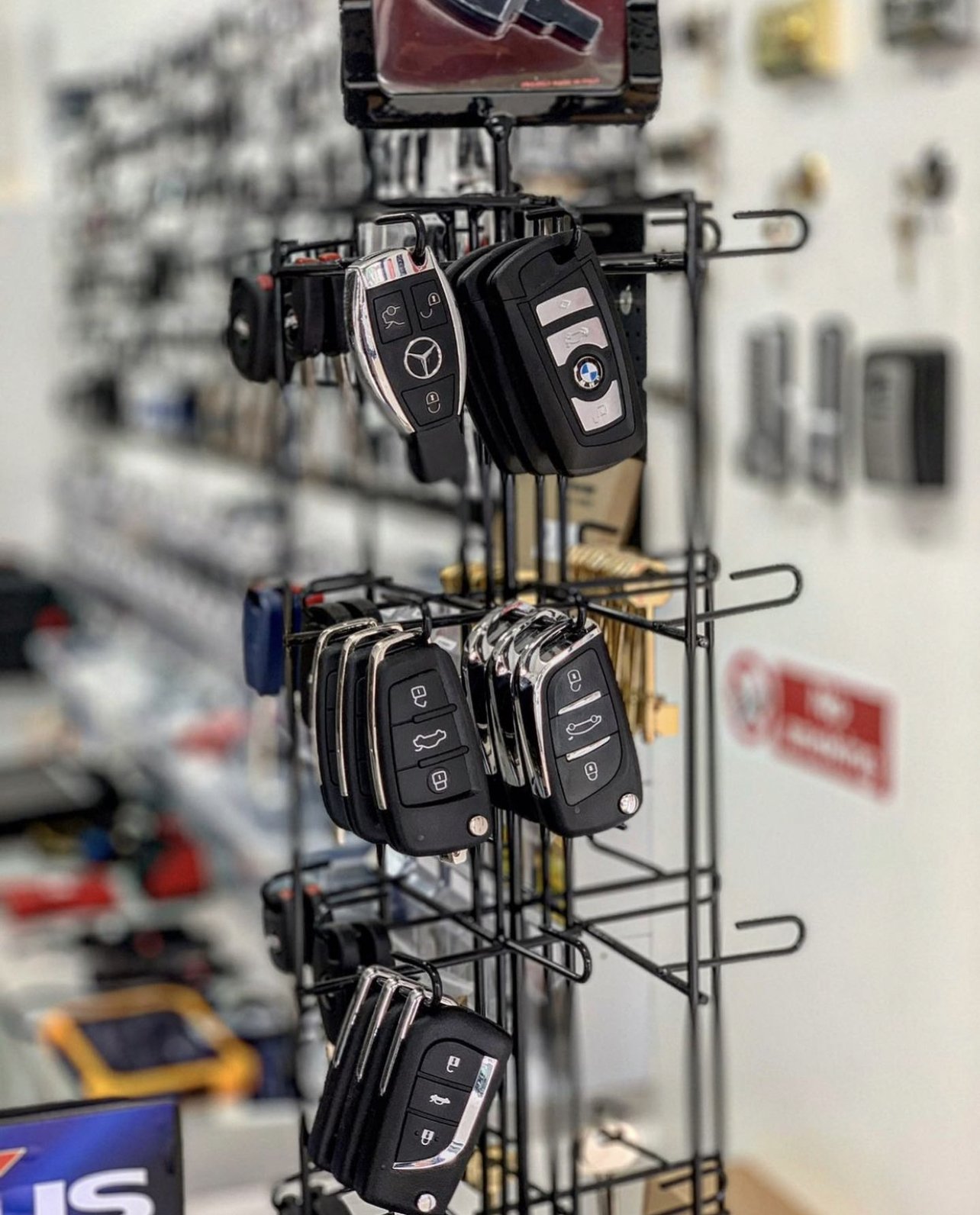Understanding Car Replacement Keys: Everything You Need to Know
Car replacement keys can be an important components of vehicle ownership, particularly in an age where auto technology is rapidly advancing. Whether you've lost your original key, harmed it, or merely require an extra one for convenience, understanding the ins and outs of car replacement keys can save you time and money, as well as relieve a few of the tension that features losing a key. This comprehensive guide will explore what car replacement keys are, the types readily available, the replacement procedure, and frequently asked concerns.
Types of Car Replacement Keys
When it comes to car keys, there is no one-size-fits-all option. Vehicle manufacturers utilize different kinds of keys, each featuring unique innovations. Below is a summary of the most common types of car keys:
| Type of Key | Description | Typical Usage |
|---|---|---|
| Standard Key | A simple metal key that runs a mechanical lock. | Older design vehicles. |
| Transponder Key | A key with a chip that produces a signal to the car's ignition. | Many vehicles manufactured after the 1990s |
| Smart Key/Keyless Entry | A fob that allows for keyless entry and ignition. | Modern automobiles equipped with advanced security systems. |
| Remote Head Key | A combination of a conventional key and a remote key fob. | Lots of modern automobiles. |
1. Standard Keys
Traditional keys are made from metal and rely simply on mechanical interaction with the lock and ignition system. They are normally discovered in older cars. Replacing conventional keys is relatively straightforward, as a locksmith can easily produce a copy.
2. Transponder Keys
Transponder keys are embedded with a microchip that interacts with the car's ignition system to allow it to begin. If the signal is not recognized, the car will not start. To replace a transponder key, special programs is frequently required, which can normally be done by a dealership or specialized locksmith.
3. Smart Keys/Keyless Entry
Smart keys or keyless entry systems have actually become progressively popular in contemporary vehicles. These gadgets enable the driver to unlock and begin their car without removing the key from their pocket or bag. Changing clever keys is generally more costly and complex than replacing traditional keys, as they need to be programmed to work with the particular vehicle.
4. Remote Head Keys
Remote head keys combine a physical key with a remote control function, permitting keyless entry. Replacements normally involve replicating the key and reprogramming the remote function.
The Replacement Process
The actions required to replace a car key will vary depending upon the type of key and the policies of the producer or locksmith professional. Here is a breakdown of the basic process for each key type:
Traditional Key
- Check out a locksmith or hardware store: Bring your existing key, if offered.
- Ask for a key duplication: The locksmith professional will develop a copy of your key.
- Check the new key: Ensure that it works efficiently in both the door and ignition.
Transponder Key
- Confirm vehicle info: Gather information such as the Vehicle Identification Number (VIN) and evidence of ownership.
- Contact a car dealership or specialized locksmith: Some may even use mobile services.
- Programming: The new key must be configured to couple with your vehicle's ignition system.
- Evaluate the new key: Ensure it unlocks the doors and begins the ignition.
Smart Key/Keyless Entry
- Provide important paperwork: This generally consists of evidence of ownership and recognition.
- Seek advice from a car dealership: Due to the intricacy, dealers often manage smart key replacements.
- Shows: The wise key needs to be programmed to interact with your vehicle's onboard computer.
- Checking: Always validate that the keyless entry and ignition functions run perfectly.
Remote Head Key
- Collect necessary details: This should consist of proof of ownership.
- Go to a locksmith or car dealership: Discuss your requirements and requirements.
- Replacement and programs: Expect to have both the key duplication and remote shows done at the very same time.
- Test performance: Check both the key and remote functions.
Frequently Asked Questions (FAQs)
1. Just how much does it cost to replace a car key?
The expense differs by key type and vehicle make/model. Conventional keys may cost just ₤ 2-₤ 5, while transponder keys and clever keys can range from ₤ 50 to ₤ 500 or more.
2. Can I replace my car key myself?
While conventional keys can typically be duplicated quickly, transponder and smart keys need specific programs that usually necessitates expert support.
3. What should I do if I lose my car key?
Find a respectable locksmith or dealership to discuss options. Ensure that you have proof of ownership prepared.
4. Are there Replacement Car Key to conventional keys?
Yes, keyless entry systems, smart device apps, and wise keys are modern options to the conventional key.
5. How can I avoid losing my car type in the future?
- Utilize a devoted spot at home for your keys.
- Think about key finders or Bluetooth trackers.
- Get a spare key made and keep it in a safe place.
Car replacement keys are an essential aspect of vehicle security and convenience. With various types of keys available, understanding the distinctions and replacement alternatives is vital for every single car owner. Should you find yourself in the unfortunate situation of losing or damaging your key, being notified can assist accelerate the process and minimize stress. As innovation continues to evolve, so will the approaches of replacing and securing our vehicles-- making it important to stay notified about your choices as a car owner.

